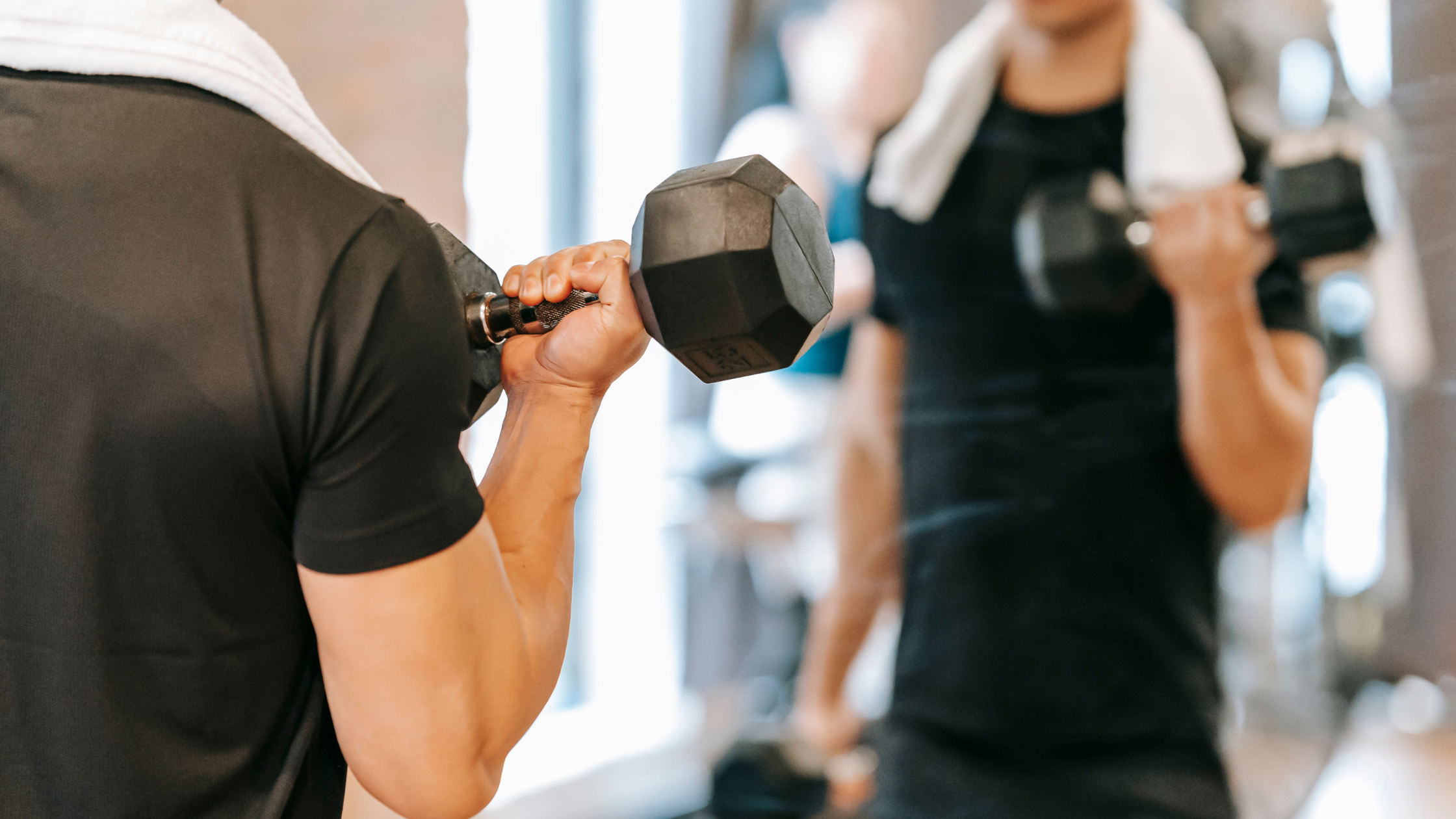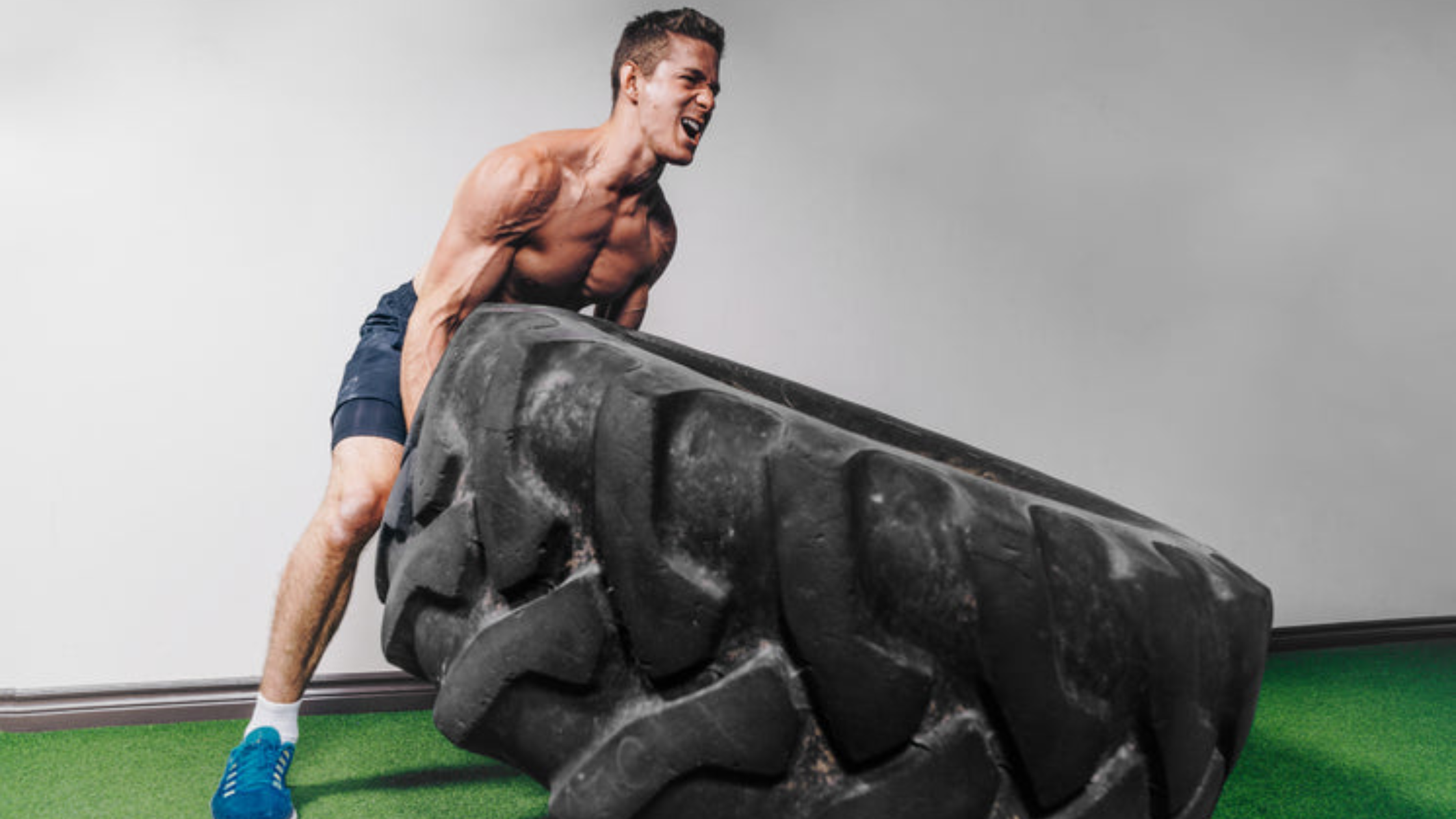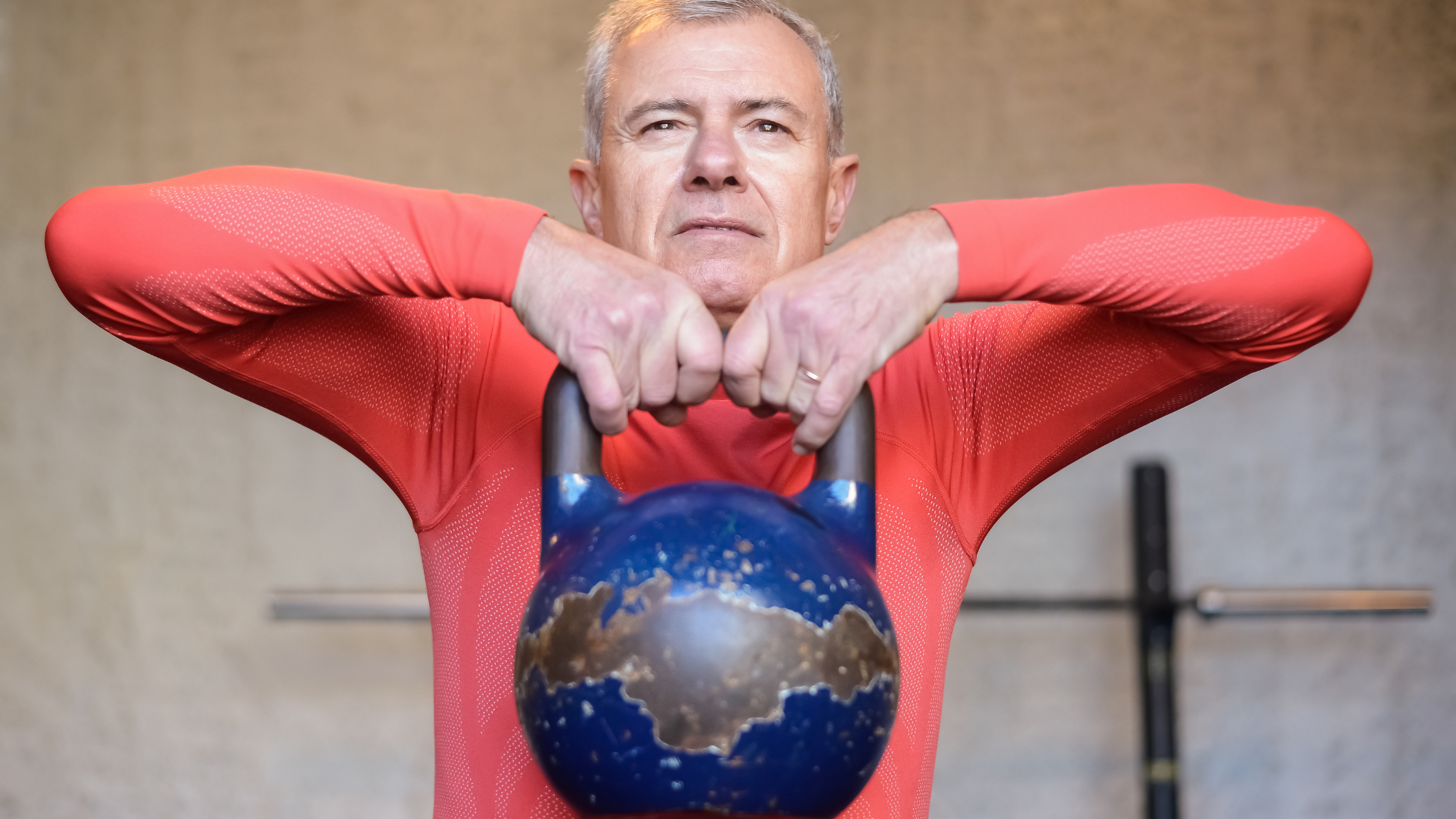
We get it. If you’re feeling the momentum in the gym, you might be tempted to add fuel to the fire and push yourself. Conversely, you might feel as if you have to push harder when you don’t see any results.
Exercise is undoubtedly essential for maintaining good physical and mental health. However, it is also possible to overdo it. Over-exercising can lead to a host of problems, including injury, burnout, and other serious health issues.

What is Over-Exercising?
Over-exercising, also known as overtraining or exercise addiction, is when you push your body beyond its limits, leading to physical and mental exhaustion. It is common among athletes and fitness enthusiasts who are always striving for more significant gains and faster results. However, over-exercising can cause more harm than good, even for your mental health, and it is crucial to recognize the signs and take action to prevent it.

6 Signs of Over-Exercising
- Fatigue and Exhaustion
If you still feel tired and sluggish even after a good night’s sleep, it could be a sign of over-exercising. Remember, rest is crucial, regardless of your specific fitness goals. Over-exercising can lead to chronic fatigue, which is a severe and debilitating condition that affects many aspects of your life.
- Insomnia
Over-exercising can also disrupt your sleep patterns and make it difficult for you to fall asleep or stay asleep. Lack of sleep can lead to mood swings, irritability, and impaired cognitive function.
- Muscle Soreness and Pain
While some muscle soreness is normal after a workout, excessive soreness and pain that persists for several days could be a sign of over-exercising. It is essential to give your muscles time to recover and avoid overtraining them. There are ways to relieve your soreness, but preventing excessive soreness should be the focus, rather than treating them.
- Decreased Performance
If you notice that your performance has decreased despite working out more, it could be a sign of over-exercising. Over-exercising can lead to decreased strength, endurance, and agility, making it difficult to perform at your best.
- Increased Heart Rate and Blood Pressure
Over-exercising can put a significant strain on your heart and cardiovascular system, leading to an increased heart rate and blood pressure. This can be dangerous, especially for people with pre-existing heart conditions.
- Mood Changes
Over-exercising can also lead to mood changes, such as anxiety, depression, and irritability. Exercise is known to improve mental health, but overdoing it can have the opposite effect and cause mental health problems. Early burnout is especially prevalent among athletes overtraining.
5 Ways to Avoid Over-Exercising
- Listen to Your Body
The most important thing you can do to avoid over-exercising is to listen to your body. Pay attention to how you feel before, during, and after your workouts. It might be instinctual, but if you can learn to trust when you truly feel tired or in pain to the point of excess, take a break or reduce the intensity of your workout.
- Rest and Recovery
Rest and recovery are just as important as exercise. Your muscles need time to repair and grow, and your body needs time to rest and recharge. Make sure to include rest days in your workout routine and prioritize sleep and relaxation.
- Cross-Train
Mix up your workouts by incorporating different types of exercise, such as cardio, strength training, and flexibility. This will not only prevent over-exercising but also improve your overall fitness and prevent boredom.
- Set Realistic Goals
Setting realistic and achievable goals will help you avoid over-exercising and prevent burnout. Start with small goals and gradually increase the intensity and duration of your workouts as you get stronger. Additionally, make sure that you could implement the right habits to take you to each of these goals.
- Seek Professional Advice
No one knows your body better than you, but don’t underestimate professional advice from a qualified personal trainer, coach, or healthcare professional. After all, ego might have gotten people into overtraining in the first place. They can help you design a safe and effective workout program that meets your goals without sacrificing your well-being.
Take-Aways Before Hitting the Gym Again
Trust the process. Rome wasn’t built in a day, and neither will your fitness goals. It takes time and patience to build strength, stamina and improve your performance, regardless of what type of workout you’re doing.
But to make each session truly count, you can consider taking a DNA test to optimize your workouts according to your unique fitness profile. CircleDNA’s genetic test can give your workout decisions much-needed context in the form of your body’s unique needs and limitations.






